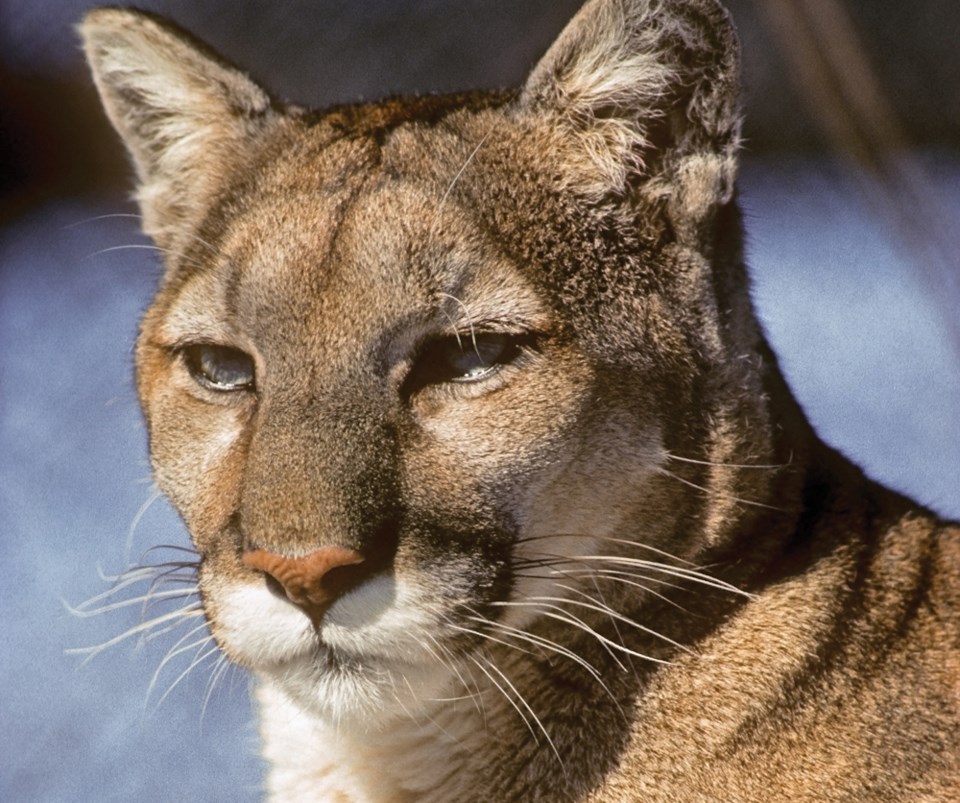
Fuchsia Dragon | [email protected]
JasperÔÇÖs bears are waking up and cougars have been spotted near the townsite.
The 51░Á═° reported last week that human-animal interactions in the national park are at an all-time high, and Parks is reminding residents and visitors to be vigilant.
Parks Canada confirmed this week that there have been sightings of cougars behind the cemetery grounds just to the east of Jasper town.
Spokesman Steve Young said this is a known travel corridor for the animals and Wildlife Conflict specialists have investigated the sightings and found no evidence of tracks or a dead animal that could be an attractant.
ÔÇťIt is not unusual to have sightings,ÔÇŁ Young said.
ÔÇťWhen wildlife become comfortable around people and public spaces, they can become a risk to humans and themselves.
ÔÇťThis is why it's important for residents and visitors to remember that they share the surrounding habitat with wildlife and take the necessary precautions when travelling through the mountain parks.ÔÇŁ
Cougars are a natural predator in the park, but human-cougar conflict is rare. Cougars are naturally shy creatures.
Young said Parks Canada reminds all visitors to report cougar sightings, keep food and garbage secure, never feed wildlife, do not litter and give wildlife space.
He said: ÔÇťThe safety of our visitors and the residents and wildlife that call the park home is a priority for Parks Canada.
ÔÇťIt is important to note that the area surrounding the townsite is cougar habitat.ÔÇŁ
Bear activity has also been reported just west of the Jasper townsite and near the Pocohontas cabins in the east end of Jasper National Park.
Now that spring has sprung in the Rockies, days are longer and temperatures are warmer so there is a higher likelihood of encountering a bear in the wild.
Large male bears typically emerge at this time of the year and will spend most of their time in the valley bottoms where travelling is easiest and food is most plentiful. They are particularly fond of plants that grow in the open and along roadsides.
Smaller bears will be out in the coming weeks and females with young in late April or May.
If you see a cougar:
- Do not approach the animal
- Face the cougar and retreat slowly ÔÇô do not run or play dead
- Make yourself appear larger by holding your arms in the air or lifting an object over your head
- Pick up small children
- Be aggressive. Shout, wave a stick or throw rocks to deter an attack
Take the following precautions:
- Supervise children playing outdoors and donÔÇÖt let children play near dense vegetation. Do not leave small children unattended
- Try travelling in groups, especially if travelling on trails after dark, and/or engaging in higher speed activities such as running, cross-country skiing or biking
- Remember, cougars are solitary animals and are most active at dusk and dawn
- Free-roaming pets may attract and be attacked by cougars. Keep your dog on a leash at all times. Walk your pets during the day and avoid wooded areas. Bring your pets inside at night.
To minimize the potential of a bear encounter you should:
Stay alert on the trails
- Make noise
- Look for fresh bear sign
- Travel in groups
- Keep your dog on a leash
- Carry bear spray and know how to use it
- If you encounter a bear, give it LOTS of space
Drive with care
- Reduce your speed
- Stay in your vehicle when watching roadside bears ÔÇô do not follow a bear into the forest
Safely store bear attractants
- Keep food, garbage, recyclables, pet food and BBQÔÇÖs in bear-proof storage or hard-sided vehicles.
Report all wildlife sightings, illegal camping and unattended food or garbage by calling Parks Canada Dispatch 24/7 at 780-852-6155.



